RESEARCH AND ORIENTATION WORKSHOP ON FORCED MIGRATION
Fourth Annual Research and Orientation Workshop and Conference
on
Global Protection of Migrants and Refugees
Kolkata, 25-29 November 2019
Workshop Participants
Participants of Module A: Global Protection Regime for Refugees and Migrants
Name & Details of the Participants
Country

Alkistis Prepi, National Technical University of Athens, Athens, Greece (Email: [email protected])
Bionote: Alkistis Prepi was born in Athens in 1985. She is an Architect-Engineer (ENSA Paris-La-Villette) and MSc in Urban and Regional Planning. She is currently a PhD candidate in National Technical University of Athens. Her thesis, titled “Resilience and Security: The Globalisation of Risk in Urban Planning”, concentrates on resilience as the new strategy of neoliberal crisis management, embodying the new model of global governance and social control. Her main interests deal with issues such as: neoliberal development agendas and governance, dispossession and uneven development, and the growing division between what is called the Global North and South.
Greece
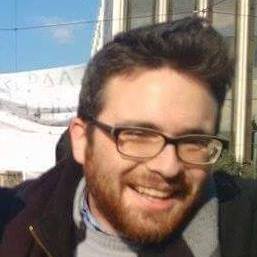
Konstantinos Gousis, University of Roehampton, London, England ( Email: [email protected])
Bionote: Konstantinos (Kostas) Gousis was born in 1986 in the city of Volos, Greece. After the law degree, he obtained a Master in Political Theory and Philosophy at the Aristotle University of Thessaloniki. He is currently a PhD candidate at the University of Roehampton in London. His thesis examines political subjectivity and migrant activism during the last decade in Greece. His professional experience includes working as a Member of the Asylum Appeals Committees, as well as providing legal support to migrants and refugees in Athens (ARSIS-Youth Support Center). He is active in the social movements and debates on left strategy.
England
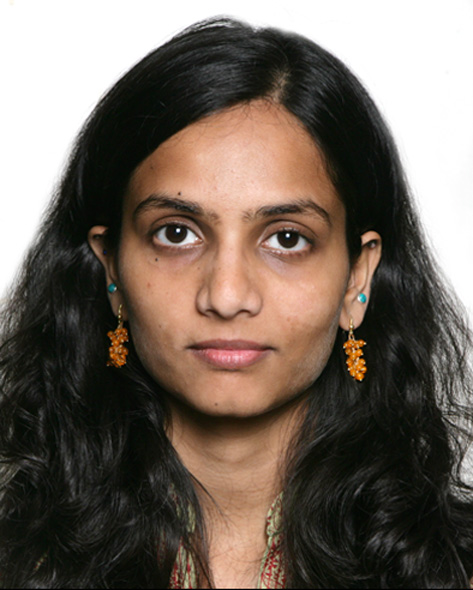
Divita Shandilya, ActionAid India, New Delhi, India (Email: [email protected])
Bionote: Divita Shandilya works with ActionAid India as Policy and Research Manager. Earlier, she was coordinating their South Solidarity Initiative knowledge activist hub, where she worked on issues of development finance, trade and investments, labour, and agriculture in the global South and conducted international advocacy with forums such as BRICS, G20 and CSW. She is a core member of the feminist alliance BRICS Feminist Watch. She has previously worked at Voluntary Action Network India, a national network of voluntary organisations. She has a Masters in International Relations and her research interests include issues of South-South Cooperation, Gender, and Displacement.
India
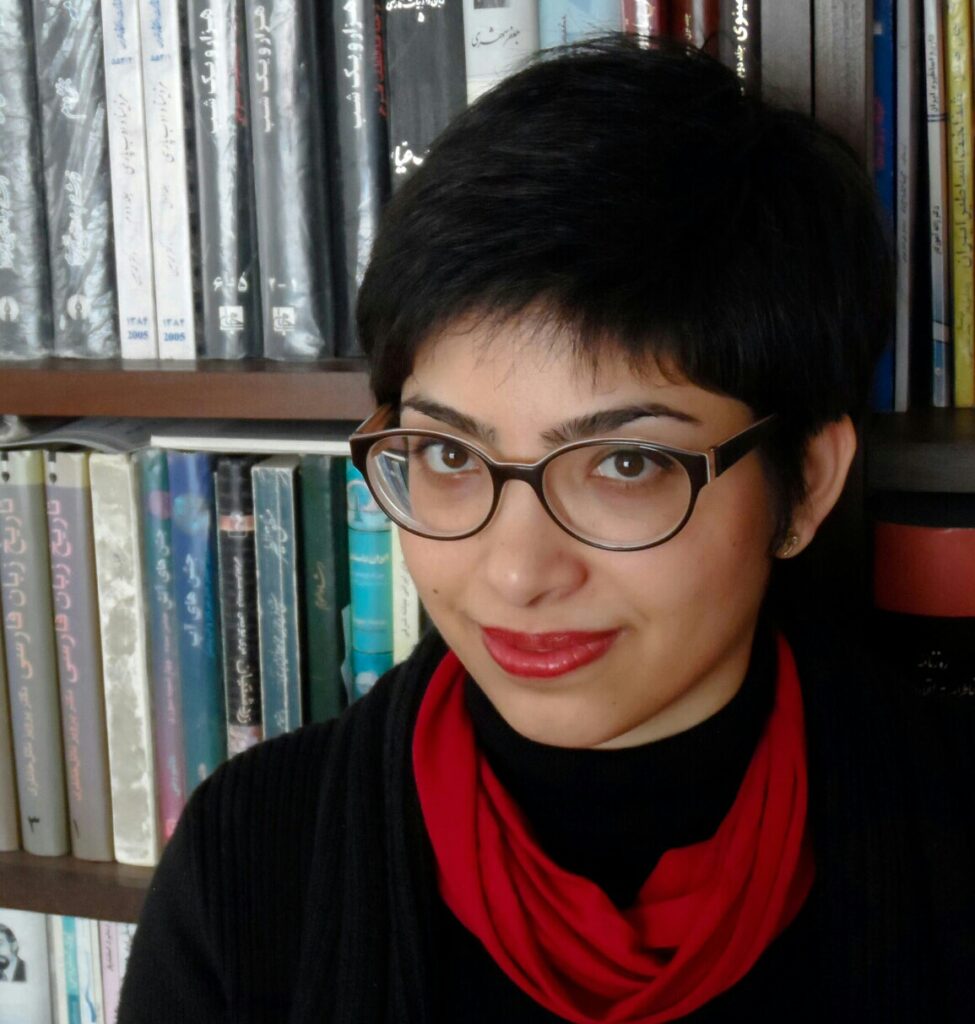
Khorshid Khodabakhshreshad, University of Goettingen, Goettingen, Germany
(Email: [email protected])
Bionote: Khorshid Khodabakhshreshad is a PhD student at the Institute for Cultural Anthropology / European Ethnology of the Georg-August-Universität Göttingen since 2015. She is writing her thesis under the supervision of Prof. Dr. Sabine Hess, titled New boom of refugee support. Between Welcome Culture and Refugees Welcome. An ethnographic and genealogical investigation. Since 2017 she has been a member of the doctoral programme “Migrationsgesellschaftliche Grenzformationen” (Oldenburg, Göttingen, Osnabrück). In 2014 she completed her master’s degree at the Department of Iranian Studies in Göttingen with focus on gender studies and offered courses there until 2018. In 2015 she was awarded the prize for scientific work in the field of Gender Studies from the Faculties of Social Sciences and of Philosophy at the Georg-August University Göttingen for her master’s thesis, published under the title “Representation of Gender Relations in Iranian Primary School Books”.
Germany
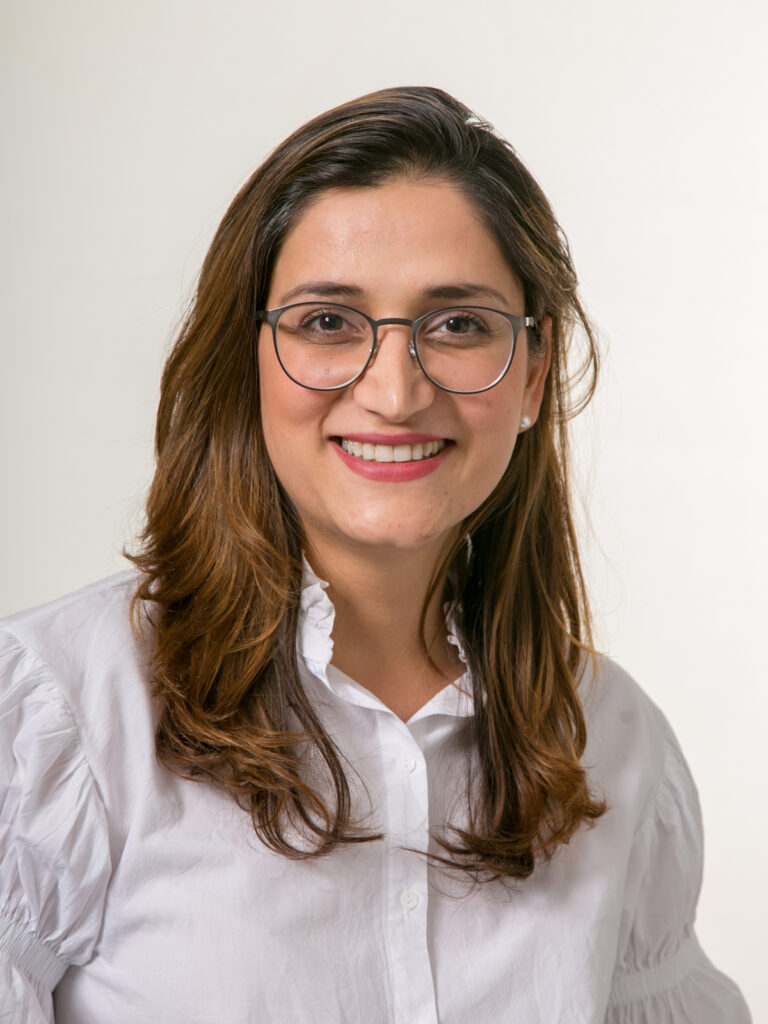
Mastoureh Fathi, University College Cork, Cork, Ireland (Email: [email protected])
Bionote: Mastoureh Fathi is a Marie Skłodowska-Curie fellow at Institute of Social Science Research in 21st Century. Her research revolves around everyday experiences of migration with a focus on intersectionality, gender and class in migration processes, identity, home-making and belonging in diaspora and the importance of objects in displacement. Her monograph, Intersectionality, Class and Migration: Narratives of Iranian Women Migrants in the U.K. was published in 2017. In June-July 2019, she curated an exhibition of art works produced by women refugees in London and Izmir in Royal Albert Hall in London based on two funded projects: Pedagogy, Home and Belonging funded by The British Academy and HOME: Homing through Objects of Memory funded by Global Challenge Research Fund.
Ireland
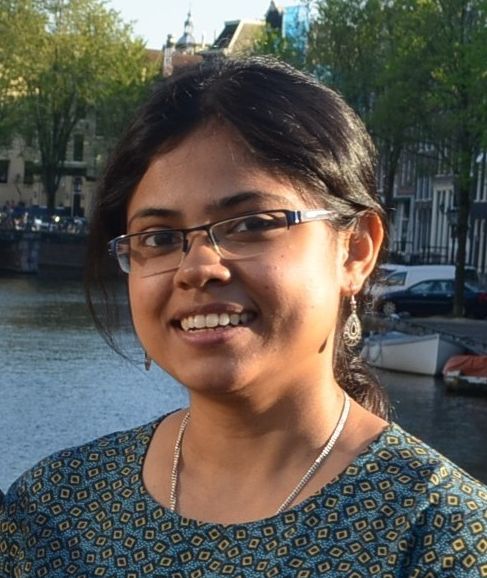
Aditi Mukherjee, Leiden University & CRG, Kolkata, India (Email: [email protected])
Bionote: Aditi Mukherjee is a Research and Programme Associate at the Calcutta Research Group (CRG) and a PhD researcher at the Leiden University. At CRG she is working on a project on Refugees and Migrants: Issues of Protection, Rights and Justice. Her PhD dissertation is funded by Erasmus Mundus PhD fellowship. Her thesis draws on ethnographic research conducted at different types of migrant dwellings at the urban margins of Calcutta and addresses questions of different modalities of displacement and tiers of migrant/urban citizenship within third-world metropolitan contexts. She is associated with the 1947 Partition Archive, Berkeley as a Citizen Historian. Her broad research interests include processes of third-world urbanism, myriad forms of dispossession and displacement associated with it and questions of urban citizenship. She has published her research in international journals and seminar proceeding volumes.
India
NParticipants of Module B: Gender, Race, Religion & Other Fault Lines in the Protection Regime
Name & Details of the Participants
Country
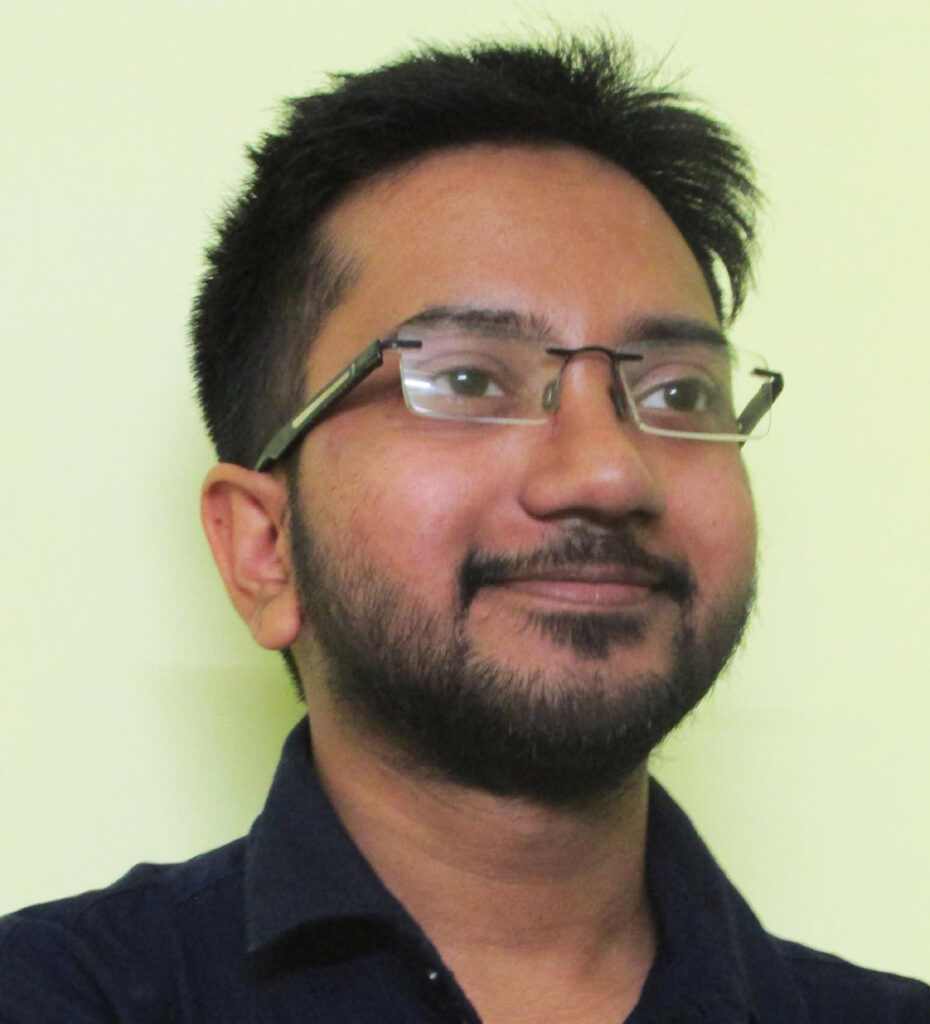
Ambar Ghosh, Jadavpur University & Observer Research Foundation, Kolkata, India (Email: [email protected])
Bionote: Ambar Kumar Ghosh is currently working as a Research Assistant at Observer Research Foundation, Kolkata under the projects “Understanding Public Perception: India and China” and “Securitisation of Migration”. He is presently pursuing his doctoral research on ‘Populism in Indian Democracy’ at the Department of International Relations, Jadavpur University, Kolkata, West Bengal, India . He has previously served as a Guest Faculty at the Department of Political Science, Siliguri College, Siliguri, West Bengal, India. His research interest includes Indian democracy and its institutions, citizenship and migration studies.
India
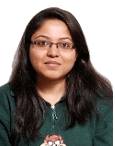
Ekata Bakshi, PhD Researcher, Jawaharlal Nehru University, New Delhi, India
(Email: [email protected])
Bionote: Ekata Bakshi is a PhD candidate in the Centre for Women’s Studies, Jawaharlal Nehru University, India. Belonging to the third generation of a refugee family she is interested in the theme Partition, since the very beginning of her academic career. However, rather than the immediate after math of Partition and its exceptionality she has eventually come to focus on the long-duree of the Partition. The questions she is particularly interested in asking are: How does the Partition refugee live today, seventy two years after the initial displacement began and how have their location, both in terms of physical location and structural location (in the caste and gender hierarchies) have come to bear upon the trajectories they have been able to trace for themselves.
India
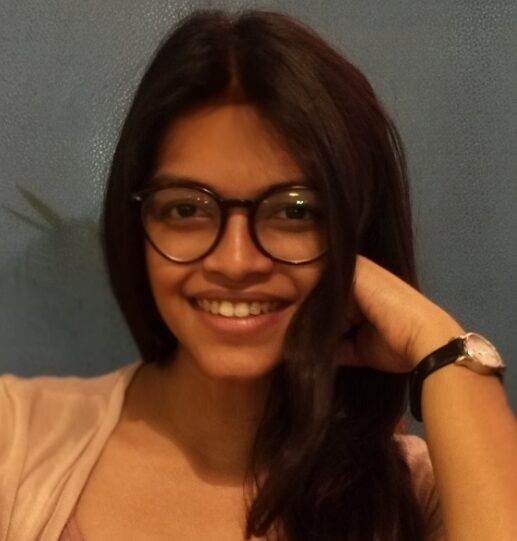
Kusumika Ghosh, Tata Institute of Social Sciences, Guwahati, India (Email: [email protected])
Bionote: Kusumika Ghosh has done her MA in Peace and Conflict Studies from the Tata Institute of Social Sciences. She has worked as a Research Associate with the North Eastern Social Research Centre, Guwahati on a project called ‘Conflict Transformation and Peacebuilding in Northeast India’ on the theme of ‘Religion in Peace and Conflict’; and has co-authored a book called ‘The Role of Religion in Conflicts and Peace Processes in the Northeast’ (to be released by NESRC Guwahati in November 2019) and co-edited another on ‘The Role of Women in Peace Processes’(to be released by NESRC Guwahati in November 2019). She was also associated with The Partition Museum, Amritsar (An initiative of The Arts and Culture Heritage Trust) as a researcher on their endeavour to archive oral history and documents of the Partition of 1947 on the Bengal Border. An avid reader and debater, Kusumika is interested in locating gender in all social issues – especially in conflict zones.
India
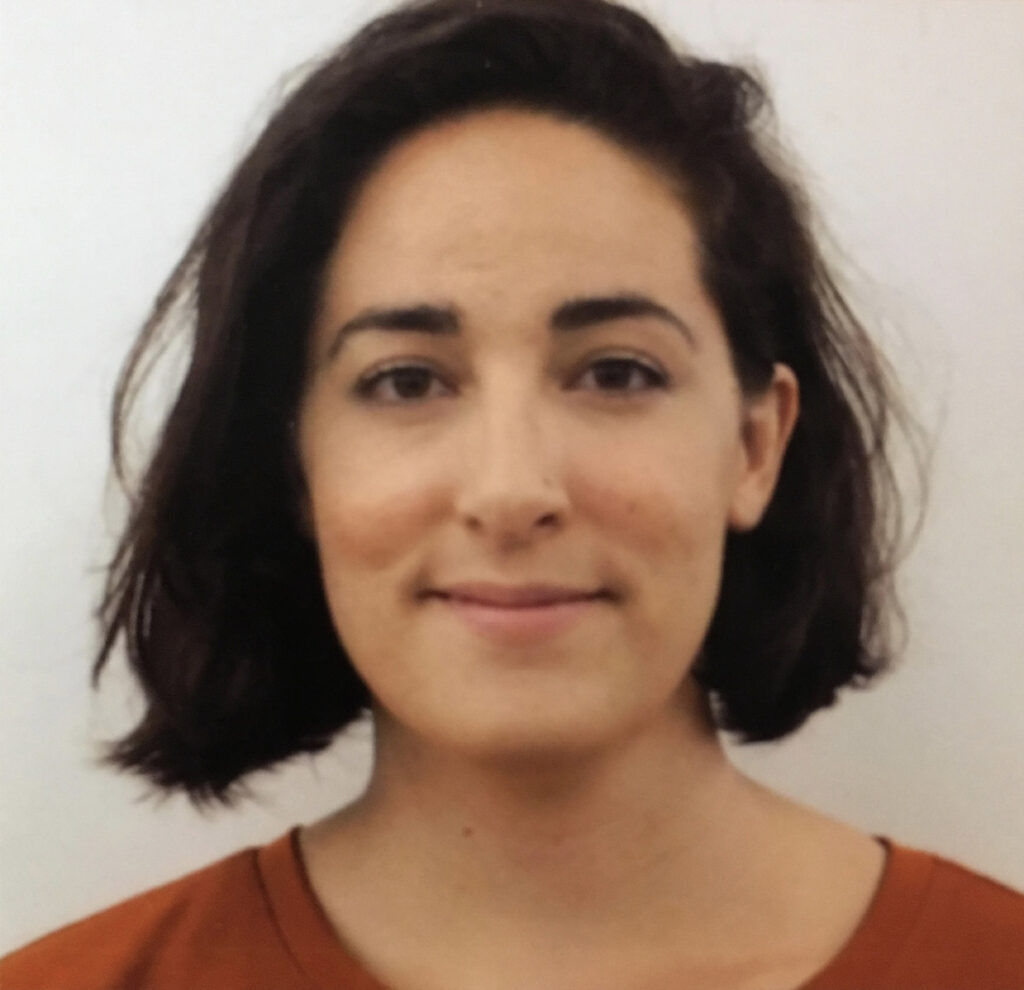
Sarah Nandi, Fulbright-Nehru Research Scholar, Sanksrit College and University, Kolkata, India (Email: [email protected])
Bionote: Sarah Nandi is a Fulbright-Nehru scholar undertaking research at Sanskrit College and University in Kolkata, India, on the topic of Gender Based Violence (GBV) and refugees during the 1971 partition. Prior to her Fulbright grant, she completed an MSc in Refugee and Forced Migration Studies at the University of Oxford where she wrote her dissertation on the tension between relief and development in the Sahrawi refugee camps in Algeria. Her research interests include protracted refugee situations (PRS), gender, identity, and resilience. She continues to be invested in bridging gaps between theory and practice to benefit local communities.
India
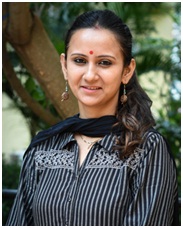
Shivani Dutta, IFIM Law School, Bengaluru, India
(Email: [email protected])
Bionote: Shivani Dutta has pursued her BA.LL.B in M. S. Ramaiah College of Law, Bangalore. She completed her LL.M with a Gold Medal in National Law University and Judicial Academy, Assam (NLUJAA). She is currently working at IFIM Law School, Bengaluru with an experience of over 4 years in academics. She is pursuing her PhD on ‘Bangladeshi Migrants in Assam’ at National Law School of India University (NLSIU), Bengaluru. She has presented and published research papers in various conferences. One of her paper titled ‘Rohingyas in Bangladesh: Policy, Law and Practice’ has been selected for presentation at the International Conference on “Rohingya Crisis in Bangladesh: Challenges and Sustainable Solutions” to be held at North South University, Dhaka, Bangladesh in July, 2019.
India
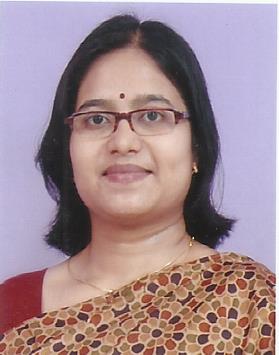
Shubhra Seth, Indraprastha College for Women, New Delhi, India (Email: [email protected])
Bionote: Shubhra Seth is an Assistant Professor in the Department of Political Science at the Indraprastha College for Women, University of Delhi, India. Her areas of academic interest are Internally Displaced Persons, forced migration and disability studies. Her primary research area is conflict-induced internal displacement in South Asia, which she formalised in her PhD (2016) from the School of International Studies, Jawaharlal Nehru University, New Delhi, India. She is committed to the assignment of empowering and enabling the displaced and the disabled through the tool of education and continues to work for the same.
India
Participants of Module C: Neo-liberalism, Immigrant Economies and Labour
Name & Details of the Participants
Country
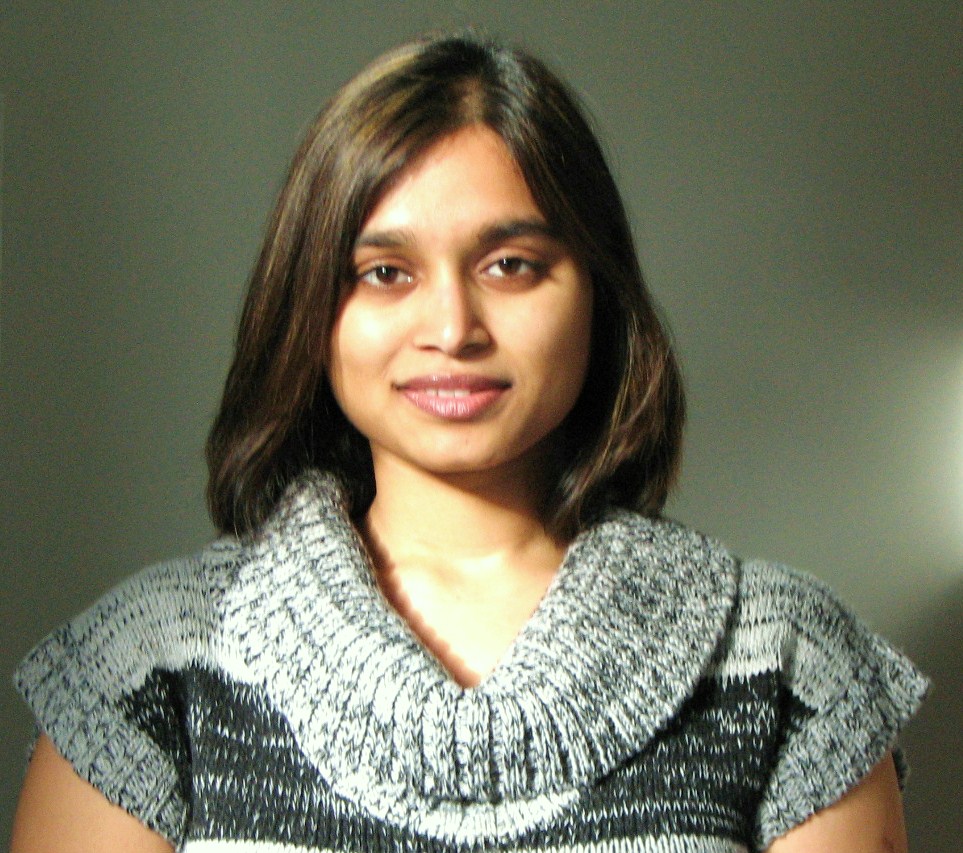
Amrita Hari, Carleton University, Ottawa, Canada (Email: [email protected])
Bionote: Amrita Hari is an Associate Professor in the Institute of Women’s and Gender Studies, Carleton University (BA Hons and MA, University of Toronto, DPhil, University of Oxford, Postdoctoral Fellowship, York University). She is interested in broader questions around global migrations and citizenship. Her previous work examined migrants’ reconfigurations of gender roles in a post-migratory context (published in Journal of South Asian Diaspora, Gender, Work, & Organisation, and Signs). Her current research interests lie in how Canadian migration policies construct the intersectional identities of temporary migrants, refugees, and asylum seekers and their acts of resistance (published in Refuge and International Migration).
Canada
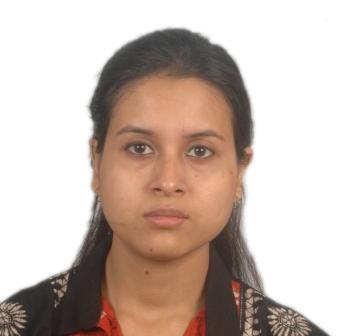
Anindita Chakrabarty, TISS, Mumbai, India (Email: [email protected])
Bionote: Anindita Chakrabarty has pursued her Bachelor’s from the University of Calcutta, with Honours in Sociology, and then pursued Master’s in Sociology in the Department of Sociology, University of Pune. Following that, she pursued M.Phil. in Social Sciences at the Tata Institute of Social Sciences (TISS), Mumbai as a Junior Research Fellow on the topic ‘Undocumented Bangladeshi Migrants─ A Study in West Bengal’. She is at present pursuing her doctoral research from TISS, Mumbai, on the topic ‘State, Citizen, and the Other─ Migrants in Assam’.
India
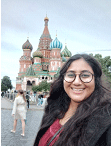
Anoushka Roy, National Law School of India University (Email: [email protected])
Bionote: Anoushka Roy is currently a post-graduate student of Public Policy at the National Law School of India University, an erstwhile student of International Relations at Jadavpur University. She has worked extensively on bridging the gap between foreign policy and public policy through evidence-based research. She has experience at several offices- from the Ministry of External Affairs to the Mazdoor Kisan Shakti Sangathan. Aspiring to build a career in international development, her interest areas include rural development, migration and global decision-making.
India
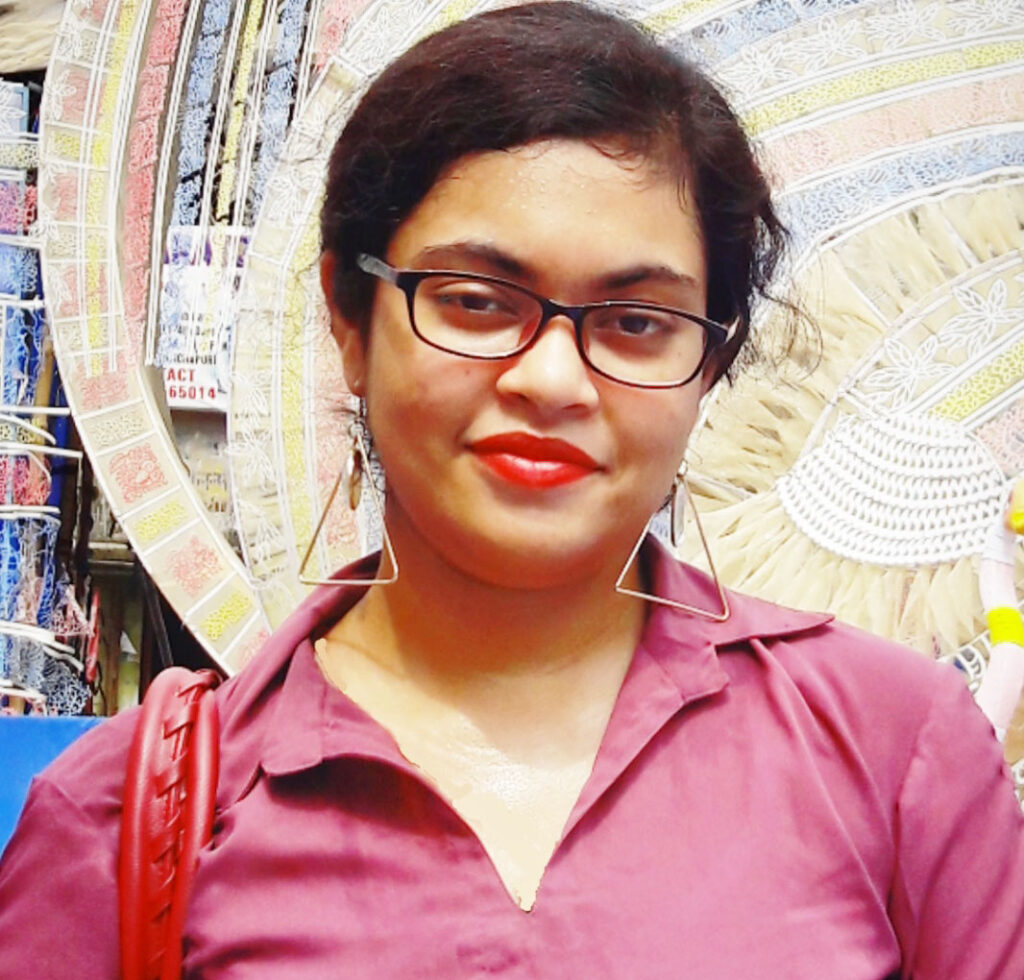
Preeshita Biswas, Presidency University, Kolkata, India (Email: [email protected])
Bionote: Preeshita Biswas is a student presently pursuing her M.A. in English (2020). She has been the recipient of the gold medal award for being the top student in the B.A. programme (2018) from Presidency University, Kolkata. Preeshita has presented a paper at the conference, “Linking Scholarship and Activism in Migration Societies: Critical Inquiries”, at the University of Oldenburg, Germany (organised by the European Master in Migration and Intercultural Relations, EMMIR), and on subaltern child sexuality, at the Annual National Conference on Children’s Literature at Saurashtra University, Gujarat. She also attended a workshop on videogames and politics headed by Dr. Souvik Mukherjee at Goethe Institute, Kolkata that engaged in game narratives around migration, displacement, and treatment of refugees in a global context.
India
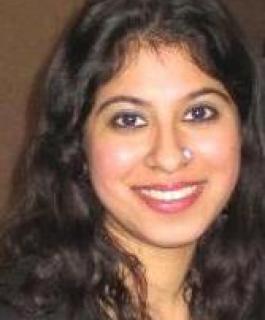
Sugandha Nagpal, O.P. Jindal Global University, Sonipat, India (Email: [email protected])
Bionote: Sugandha Nagpal has completed her PhD in International Development at the University of East Anglia in Norwich, UK. Her research interests lie in exploring rural populations’ interaction with modernity and development through the ambit of culture, migration and gender. Her PhD research focuses on the ways in which young Dalit women from upwardly mobile families in a Punjabi village are spearheading the shift towards middle class culture through their interactions with education, consumption and migration. This work demonstrates the simultaneity of mobility and immobility in young women’s migration experiences and the cultural tensions involved in movement away from the village. Her current research examines the aspirations of internal migrants in Haryana around their children’s education and employment.
India
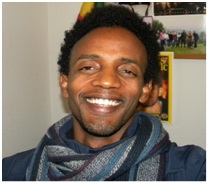
Yordanos Seifu, Independent Researcher and Writer, Ethiopia (Email: [email protected])
Bionote: Yordanos S. Estifanos has graduated with MA in European Masters in Migration and Intercultural Relations (EMMIR) at the University of Oldenburg, Germany. He also earned MSc in Population Studies from Addis Ababa University. He was a research fellow at the Bielefeld Graduate School in History and Sociology (BGHS) in Germany researching on Transnational Migration. Yordanos S. Estifanos is currently working as a researcher on a migration research project titled “Migration Industries in Transnational Migration Project” coordinated by Sussex University. He has previously worked for national & international organisations and has published monographs and research articles. He has also written a book on the ethnography and economic sociology of Ethiopian irregular migrants into South Africa titled WAYFARERS.
Ethiopia
Participants of Module D: Borderland and Migrant Labour
Name & Details of the Participants
Country

Marvi Slathia, Jawaharlal Nehru University, New Delhi, India (Email: [email protected])
Bionote: Marvi Slathia is pursuing Doctorate in Philosophy (PhD) in Political Science from the Centre for Political Studies, Jawaharlal Nehru University, New Delhi. Her topic of PhD research is “Refugees at the Borders: A study of West Pakistan Refugees in the Akhnoor and Suchethgarh areas of Jammu Region”. She has worked as Story Scholar with 1947 Partition Archives for one year and had recorded over 60 video interviews of the people, who were witness to the partition. Apart from PhD she is also working as Field Officer with 1947 Partition Achieve.
India
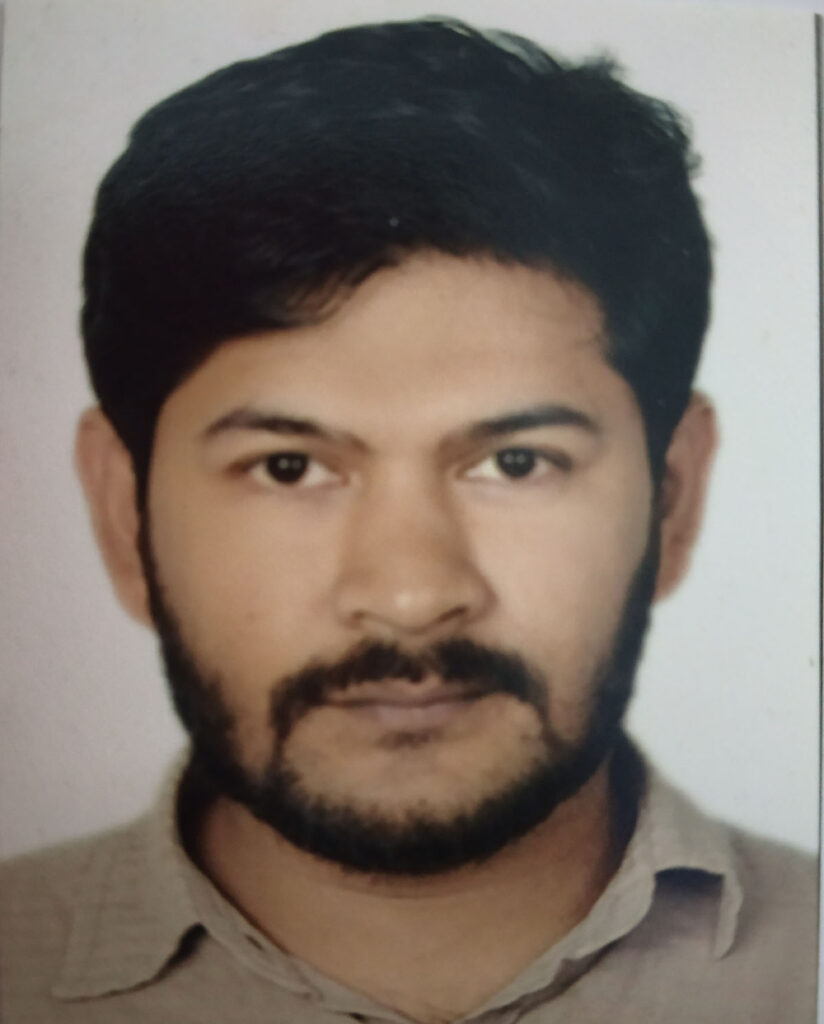
Mohamed Shafeeq Karinkurayil, Manipal Centre for Humanities, Manipal, India (Email: [email protected])
Bionote: Mohamed Shafeeq Karinkurayil is currently a Post Doctoral Fellow at Manipal Centre for Humanities, Manipal Academy of Higher Education (MAHE). He was awarded his PhD in Cultural Studies from the English and Foreign Languages University (EFLU), Hyderabad, for his dissertation titled “A Worldly Home: Minor Cosmopolitanism and the Question of Identity, Malabar, 1947-77”. His current research is on Gulf migration in Kerala. His research interests include visual cultures, minority cultures, migration studies, and memory studies.
India
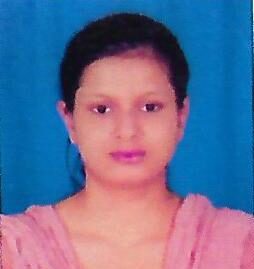
Sanika Banerjee, Vidyasagar University, Midnapore, India (Email: [email protected])
Bionote: Sanika Banerjee has completed her Master’s degree in Political Science from the Vidyasagar University. She had a special paper during her MA course titled ‘Society and Politics in South Asia’. She is currently pursuing MPhil from the Vidyasagar University.
India
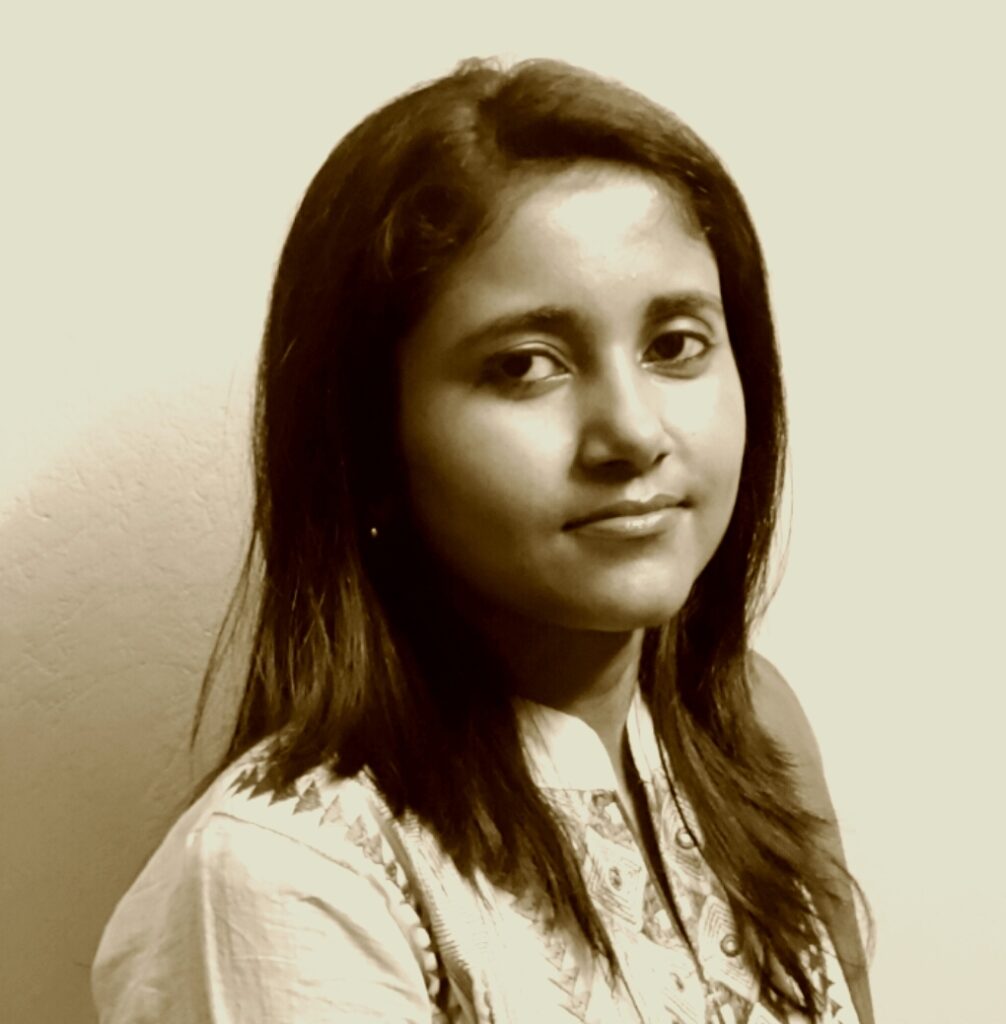
Shatabdi Das, University of Calcutta & CRG, Kolkata, India (Email: [email protected])
Bionote: Shatabdi Das is Research and Programme Assistant at Calcutta Research Group. She has done her Masters in Geography from the University of Calcutta, Kolkata. She was Junior Research Fellow at the Centre for Urban Economic Studies under the University of Calcutta in 2013-2014. Having also studied the discipline of Urban Management and Planning, from the university, her research interests lie in the dynamics of urban development, migration and their impacts on the environment. Shatabdi has submitted her PhD thesis under Doctoral research in Geography at the University of Calcutta on the impacts of industrialisation and urbanisation in Asansol-Durgapur Planning Area.
India
Participants of Module E: Statelessness
Name & Details of the Participants
Country
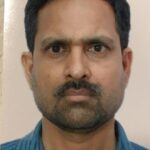
Biswajit Mohanty, Deshbandhu College, New Delhi, India (Email: [email protected])
Bionote: Biswajit Mohanty is an Associate Professor in the Department of Political Science of Deshbandhu College, University of Delhi. His research interests are Election Studies in India and Borderland Studies. He has contributed articles in several books and newspapers and well-researched journals like Economic and Political Weekly. He has also contributed an article in international journals on Border and Migration Studies. His latest publication is on Ecologic Border in Nasir Uddin and Nasreen Chowdhury ed. book Deterritorialised Identity and Transborder Movement in South Asia. He has also written newspaper articles on Delhi politics.
India
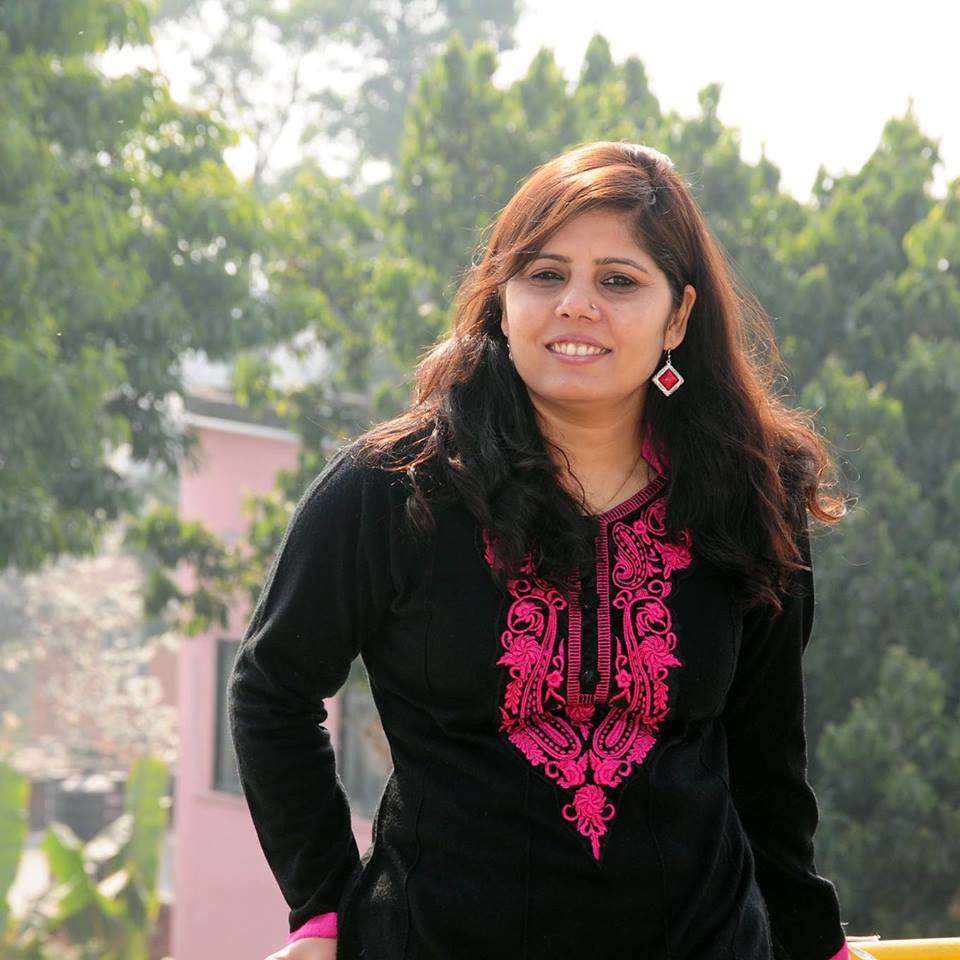
Neetu Pokharel, Alliance for Social Dialogue ( ASD), Kathmandu, Nepal (Email: [email protected])
Bionote: Neetu Pokharel is as a programme officer in an NGO Alliance for Social Dialogue (ASD), Nepal. She is responsible for Access to Justice Portfolio with a particular focus on Legal Empowerment and Women’s Rights. Neetu supports the work of National and community organisations to promote access to justice of marginalised group in Nepal including women’s access to justice. She is leading the implementation of OSF’s Legal Empowerment Shared Framework with a focus on SDG Goal 16. She has been engaged in policy advocacy, campaigns and research related to access to justice and statelessness in Nepal. She also works with the community paralegals who support marginalised groups for their access to justice and legal identity documents. Neetu holds her Masters in Conflict, Peace and Development Studies (CPDS) from University of Ruhuna, Sri Lanka.
Nepal
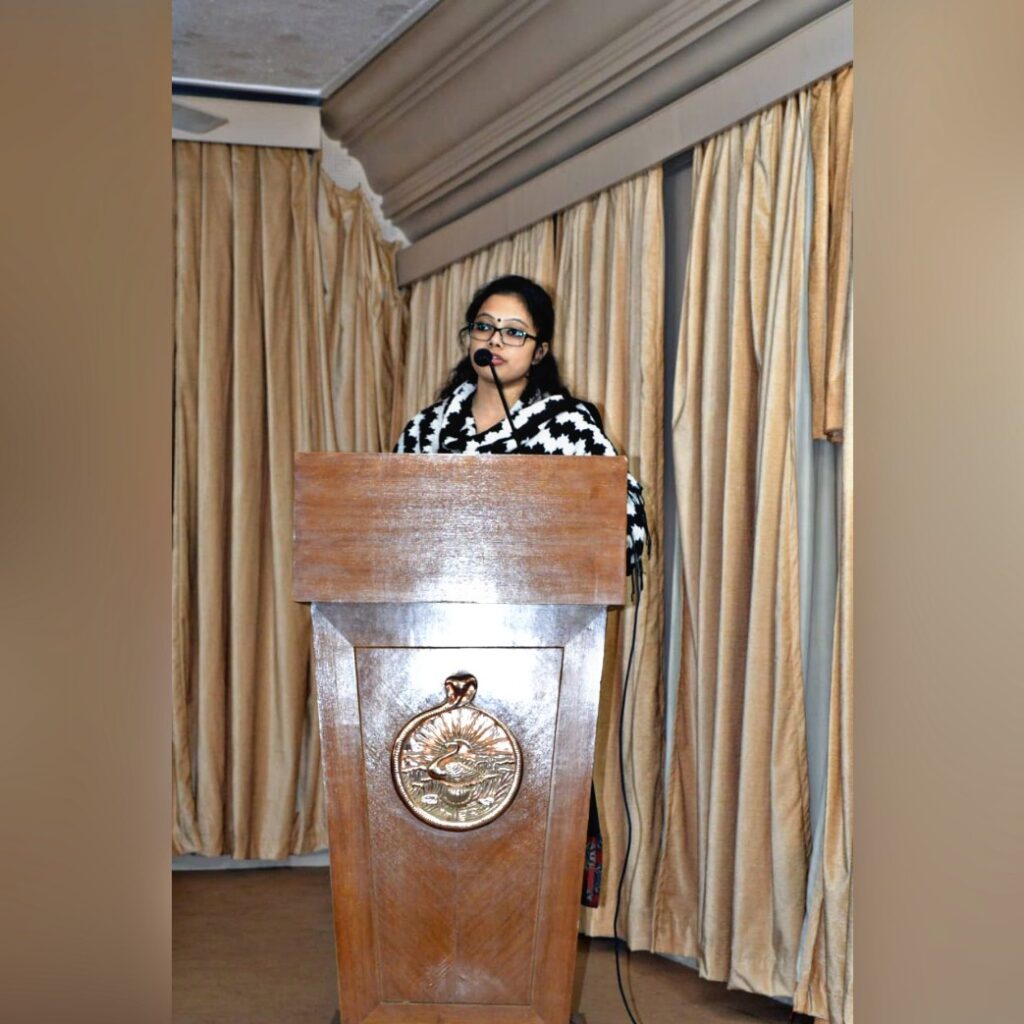
Sreetapa Chakrabarty, Rabindra Bharati University, Kolkata, India (Email: [email protected])
Bionote: Sreetapa Chakrabarty is an Assistant Professor in Political Science (Full Time Contractual) at the Directorate of Distance Education, Rabindra Bharati University. She did her graduation from St. Xavier’s College, Kolkata and her post graduation from Rabindra Bharati University. Currently she is pursuing Ph.D in Political Science from Rabindra Bharati University. Her areas of interest include gender, forced migration and statelessness, Indian politics and terrorism. Her publications and paper presentations till now have revolved around topics such as terrorism, gender, Marxism, International political economy and globalization.
India
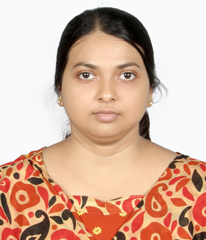
Suchismita Majumder, University of Kalyani, Kalyani, India (Email: [email protected])
Bionote: Suchismita Majumder has done her MA and MPhil from the Department of Sociology, University of Kalyani. Her fields of interest include Medical Sociology, Forced Migration, Statelessness and Related Crisis and Gender Studies. From 2008 to 2010 she was actively involved as a Counsellor with the National AIDS Control Programme. The dissertation of her MPhil was also done on the helplessness of HIV Positive Women in North 24 Parganas District of West Bengal. She has been a Full-Time Research Scholar (PhD) in the Department of Sociology, University of Kalyani. She has submitted her PhD thesis which has dealt with the difficulties of Rohingya population in India in December 2018. Her publications and seminar presentations have focused on Empowerment of Women and Girl Child, Motherhood of Tea Garden Workers (North Bengal), Vulnerability of HIV+ Women, Difficulties of Women in Informal Sector and lastly Different Dimensions of Rohingya Crisis.
India
Participants of Module F: South Asia: Laws of Asylum and Protection
Name & Details of the Participants
Country

Anusha Ravishankar, SASTRA deemed-to-be-University, Thanjavur, India (Email: [email protected])
Bionote: Anusha Ravishankar is a recent law graduate. Her areas of interests include forced migration, transitional justice and human rights. She has attended a summer school in Czech Republic which focused on International Refugee law and rights with specific focus on Central and South-Eastern Europe. She was previously an intern with MCRG, where she worked on the legal status of refugees in camps and the associated marginalisation loops. She is also currently a part-time public policy fellow with CPL-India. She is soon to take her place as junior lawyer in HRLN- an NGO headquartered in New Delhi, which is one of the implementing partners of UNHCR in India.
India
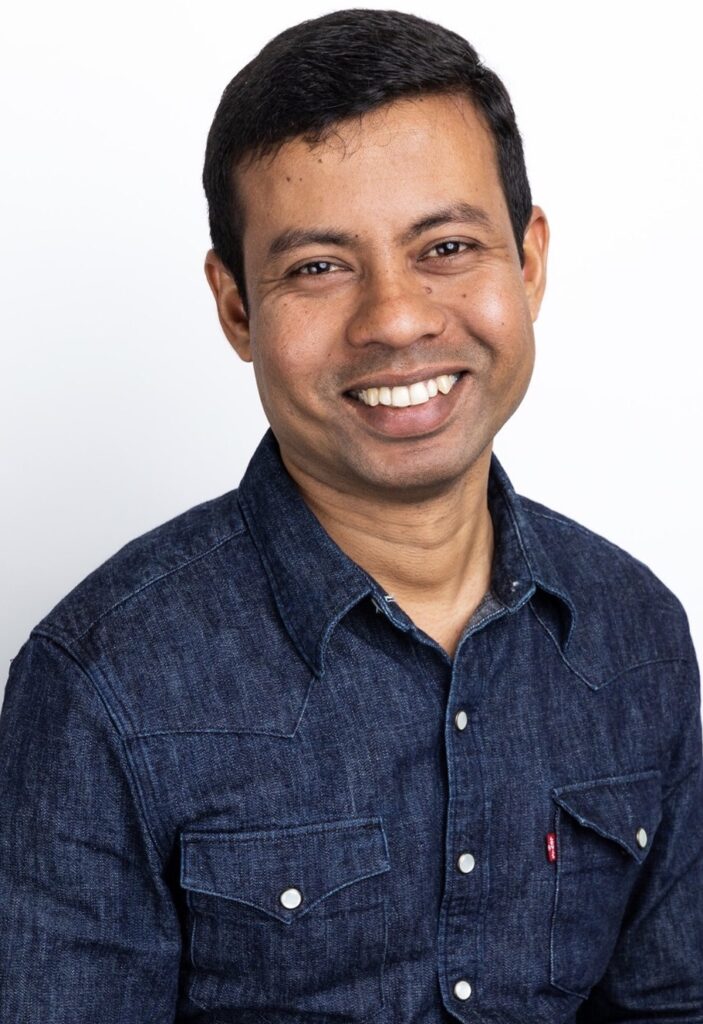
Ashraful Azad, UNSW & Assistant Professor, Chittagong University, Chittagong Bangladesh (Email: [email protected])
Bionote: Ashraful Azad is a PhD candidate at the Faculty of Law, University of New South Wales. He completed BSS and MSS in International Relations from the University of Chittagong and MPhil in International Law from Monash University. He is also an Assistant Professor in the Department of International Relations, University of Chittagong. Previously, he worked as a UNHCR protection staff in 2011-12 and as a research consultant with Equal Rights Trust, UK in 2015. Ashraful’s main research interests are Rohingya refugees, irregular migration, human trafficking/smuggling and labour migration.
Bangladesh
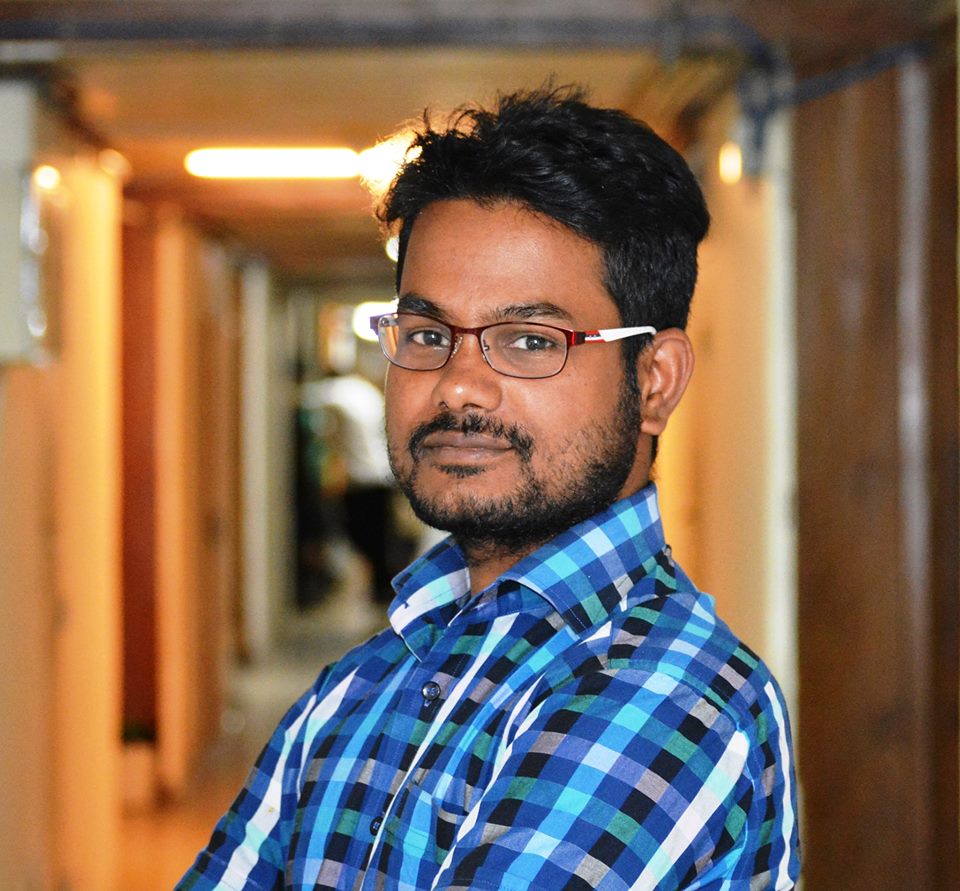
Md. Niamot Ali, Daffodil International University, Dhaka, Bangladesh (Email: [email protected])
Bionote: Md. Niamot Ali is a Lecturer at the Department of Development Studies at Daffodil International University. Mr. Ali is also a Researcher at the Center for the Study of Genocide and Justice (CSGJ), Liberation War Museum (LWM), Bangladesh. He earned his Bachelor and Master in Development Studies at University of Dhaka in 2013 and 2014 respectively. He also obtained MA Sociology degree from South Asian University, New Delhi, India, in 2017. Before his teaching career, he had worked for local and international NGOs as a Research Assistant. His research interests include economic development, nationalism, identity politics, Rohingya crisis, Genocide and Justice. He published articles on remittance and human development along with the recent Rohingya crisis experienced in Bangladesh. He has contributed to the publication of two important documents on the Rohingya issues led by the CSGJ.
Bangladesh
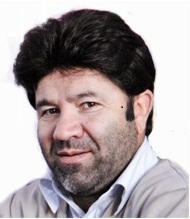
Mujib Ahmad Azizi, Afghanistan Research and Evaluation Unit, Kabul, Afghanistan (Email: [email protected])
Bionote: Mujib Ahmad Azizi is a research officer at AREU since 2011. Previously, he has worked as a deputy programme manager for Mercy Corps in Kapisa – Afghanistan between 2009 and 2011 (Food Security and Natural Disaster for Urban and Rural People) and Community Development Programmes (CDP). He has worked for the Aga Khan Foundation as a social organiser from 2006 to 2009. From 2002 to 2005 he worked as a health educator in Afghanistan Red Crescent Societies for the returnees and migration. He holds a degree in English Literature from Baghlan University. He has participated in numerous conferences and workshops at national and international level. He has co-authored a number of publications such as A Historical Perspective on the Mirab System: A Case Study of the Jangharoq Canal, Baghlan; Developing transboundary water resources: What perspectives for cooperation between Afghanistan, Iran and Pakistan? AREU_CAREC_FINAL Need Assessment REPORT 23102017 and many others.
Afghanistan

Rachel Irene D’Silva, Central University of Gujarat, Gandhinagar, India (Email: [email protected])
Bionote: Rachel D’Silva is a PhD research scholar in Social Sciences at Central University of Gujarat, India. Her dissertation investigates protection of refugees, their work and integration in Delhi, India. It explores the issues of refugees from a human rights perspective. She was selected for Asian Graduate Student Fellowship at Asia Research Institute, National University of Singapore in 2018. In the past, she has conducted research on food and nutrition security of children in slums under a public policy think-tank. She has worked as a programme co-ordinator with an NGO promoting peace and communal harmony. Her research interests are human rights, migration and refugee studies.
India
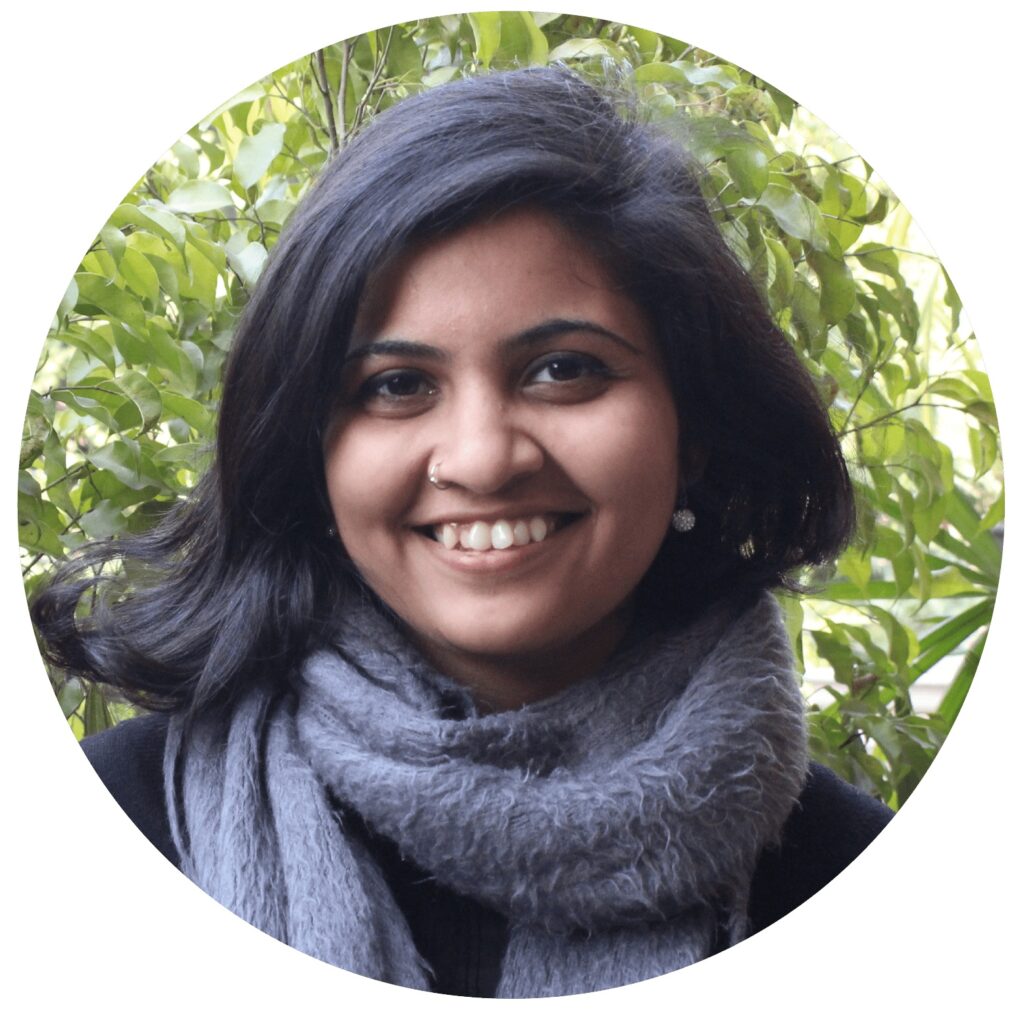
Sunethra Sathyanarayanan, Migration and Asylum Project (M.A.P), New Delhi, India (Email: [email protected])
Bionote: Sunethra Sathyanarayanan graduated from the NorthCap University, Gurugram in 2017 and completed her Advanced LL.M. in Public International Law with a specialisation in Peace, Justice and Development from Leiden University in 2018. She has previously worked as a Hilton Prize Fellow in the Research and Policy Department of ECPAT International, Bangkok, where she assisted in preparing country-specific reports on the issue of sexual exploitation of children. Sunethra currently works as a Legal Protection Officer in the Migration and Asylum Project (M.A.P) where she undertakes casework and provides legal representation to asylum seekers before the UNHCR during their refugee status determination interviews. Sunethra also works on M.A.P’s pioneering financial inclusion for refugees project.
India
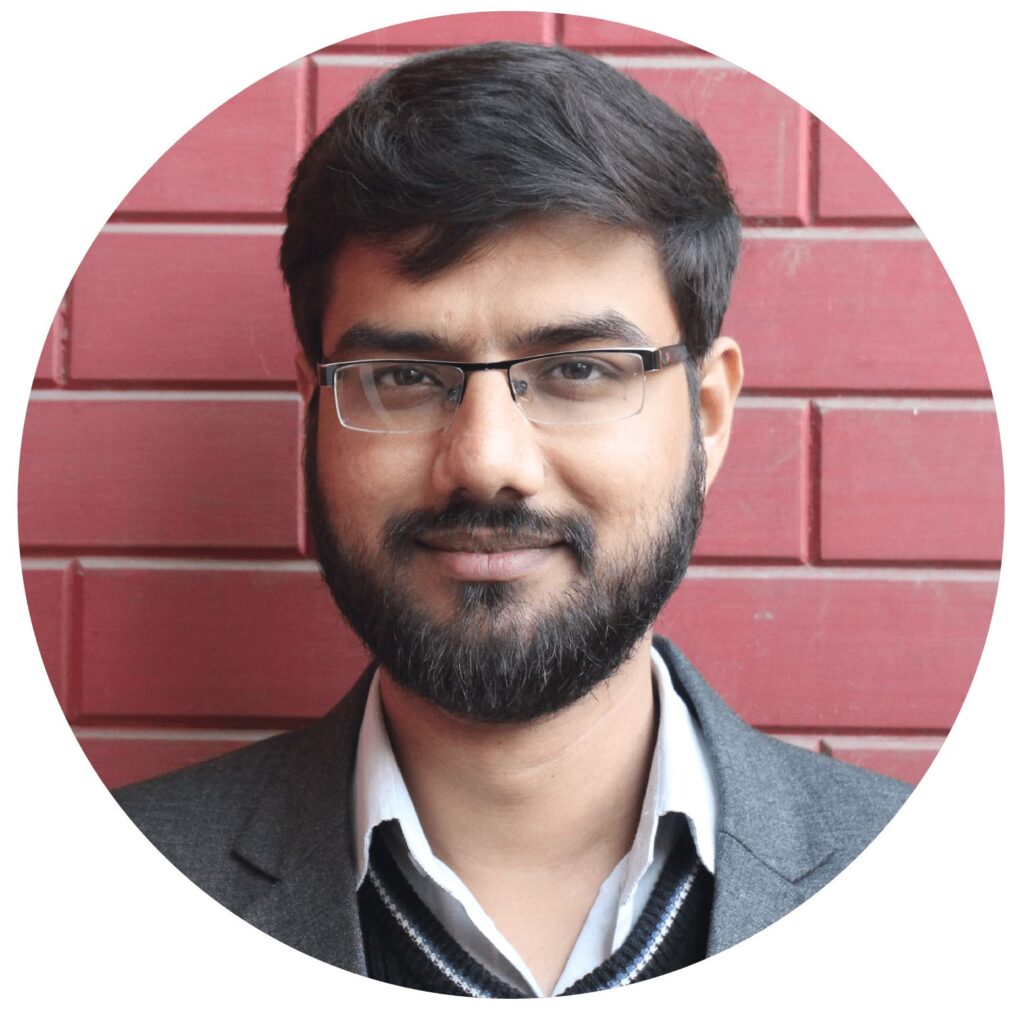
Yuvraj Rathore, Gujarat National Law University, Gandhinagar, India (Email: [email protected])
Bionote: Yuvraj Rathore graduated from Gujarat National Law University, Gandhinagar with a B.A., LL.B. (Hons.) in 2018. Yuvraj is currently a Legal Consultant at the Migration & Asylum Project (M.A.P.). M.A.P. provides legal aid and counselling to UNHCR’s persons of concern during their Refugee Status Determination (RSD) process and Yuvraj undertakes casework, legal research, and strategic litigation for the organisation. He has previously worked as a research associate with the prison reforms team of the Commonwealth Human Rights Initiative, securing justice for asylum seekers and foreign national prisoners in West Bengal. He has also interned with the UNHCR in India and Malaysia where he gained experience in registering asylum-seekers and conducting screening interviews..
